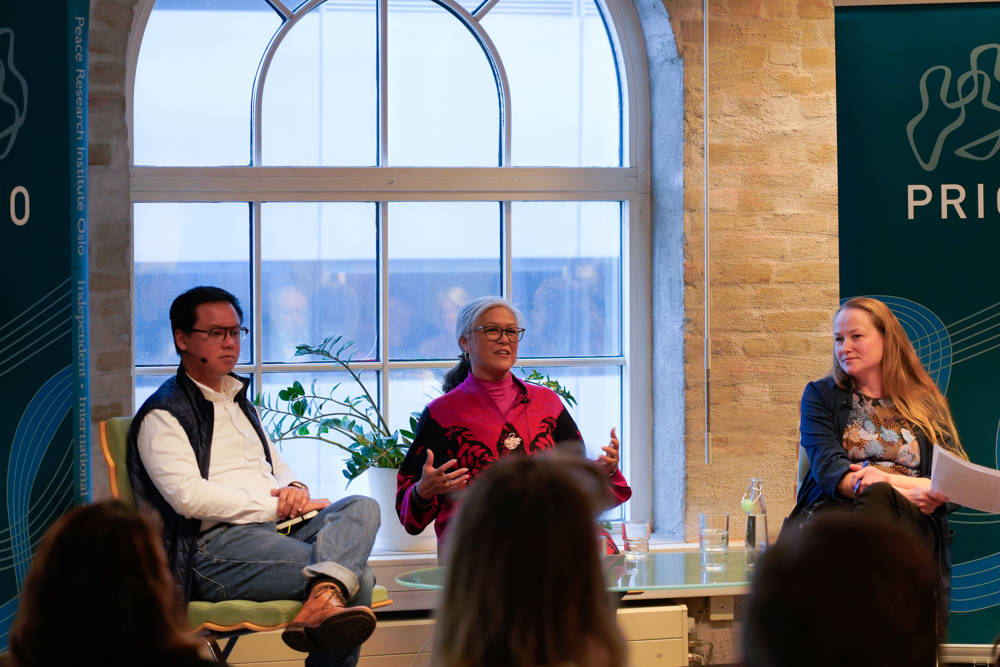
What are the strategic implications of Myanmar’s internal conflict? What can international actors do to help support peace and democracy in the country?
In the past five months, the resistance against military rule in Myanmar has gained the upper hand. The once so powerful military is currently at its weakest in several decades and the generals are starting to take desperate measures to stay in power. At the same time, Myanmar is in a dire state with severe humanitarian, economic and political challenges. In this breakfast seminar, we discuss the geopolitical and strategic challenges ahead and what the international community should do to help support peace and democratic developments in Myanmar.
Key note
- Miemie Winn Byrd, Ed.D. professor with a doctorate in Education Leadership from the University of Southern California and a retired Lt. Col. from the U.S. Army. Her expertise includes U.S.-Myanmar relations and security dynamics in Southeast Asia.
Panel discussion with Amara Thiha, doctoral researcher at PRIO and Coimbra University.
The discussion will be moderated by Marte Nilsen, Senior Researcher at PRIO.
A light breakfast will be served from 08:00.
 From left: Amara Thiha, Dr. Miemie Winn Byrd and Marte Nilsen. Photo: PRIO / Md Imran
From left: Amara Thiha, Dr. Miemie Winn Byrd and Marte Nilsen. Photo: PRIO / Md Imran





